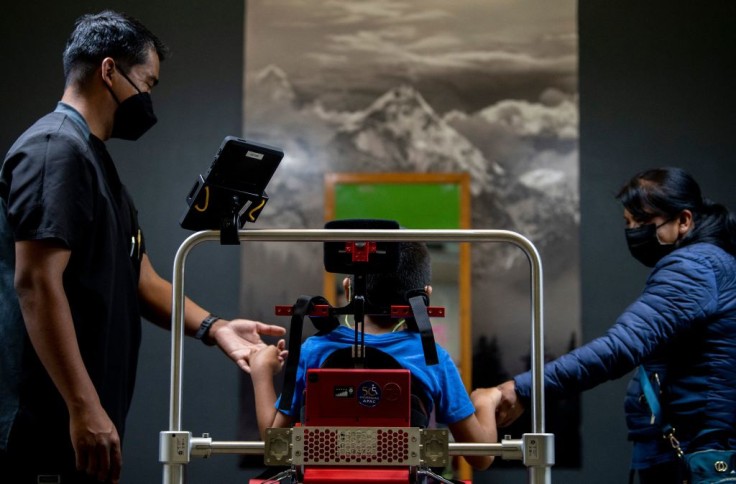
Raising a child is a journey filled with moments of joy, challenges, and invaluable learning experiences. For parents of children with special needs, the journey may have unique twists and turns.
One of the essential aspects of special needs parenting is ensuring that your child understands their unique abilities and builds resilience. Here's a guide on how to approach this sensitive yet empowering conversation.
Top 11 Ways for Talking To Kids About Disabilities
1. Recognizing Your Child's Unique Abilities
Before diving into any conversation, take a moment to understand and acknowledge your child's specific disability. Doing so not only equips you with the necessary knowledge but also reaffirms the value and worth of your child as an individual.
2. Cultivating Open Dialogue
One of the foundational aspects of talking to kids about disabilities is creating an environment where they feel safe to ask questions. This means being open, approachable, and fostering an atmosphere of trust. Let them know they can always come to you with their thoughts and concerns.
3. Age-Appropriate Honesty
While it's crucial to be truthful with your child, it's equally important to present information in a way they can comprehend. Tailor your explanations to their age and maturity level, ensuring they don't get overwhelmed or confused.
4. Highlighting Support Systems
Children should be aware of the team of professionals, educators, and loved ones rallying around them. Discuss the roles of therapists, teachers, or doctors in their lives, emphasizing the help they provide.
5. Celebrating Shared Interests
While it's essential to address the differences, it's equally vital to highlight the similarities they share with their peers. Engage in activities that emphasize shared interests, showing them that their disability doesn't define their entire being.
6. Equipping Them with the Right Words
There might be times when peers or adults ask about their condition. Help your child prepare for these situations. Equip them with simple, straightforward explanations they can share, fostering understanding and reducing potential stigmas.
7. Navigating Difficult Queries
Children are naturally curious, and their questions might sometimes be challenging to address. Instead of sidestepping these questions, answer them honestly. And if they come to you with questions they've encountered, tackle them head-on without dismissing their concerns.
8. Steering Clear of Assumptions
Every child, even with the same disability, is different. Avoid making assumptions or interpretations about what they feel or experience. Instead, listen actively and let them express themselves.
9. Keeping the Tone Uplifting
While it's essential to be realistic, aim to frame discussions in a positive light. Focus on strengths, achievements, and the unique perspectives they bring to the world.
10. Setting a Positive Precedent
Children often look up to their parents as role models. Lead by example. Show resilience, empathy, and patience, and they'll likely mirror these qualities.
11. Enlisting External Support
Remember, it's not just about supporting your child but also ensuring you're supported. Connect with parent groups, counselors, or therapists who can offer guidance. Simultaneously, consider enrolling your child in support groups or therapy sessions tailored to their needs, fostering a sense of community and understanding.
In conclusion, talking to kids about their disabilities can be a challenging yet rewarding endeavor. By emphasizing open dialogue, honing in on age-appropriate discussions, celebrating shared interests, and continually promoting resilience, parents can ensure that their child is not only informed but also empowered. With the right approach, special needs parenting can be a journey of mutual growth, understanding, and unwavering love.
Related Article: Top 10 Effective Discipline Strategies for Children with ADHD